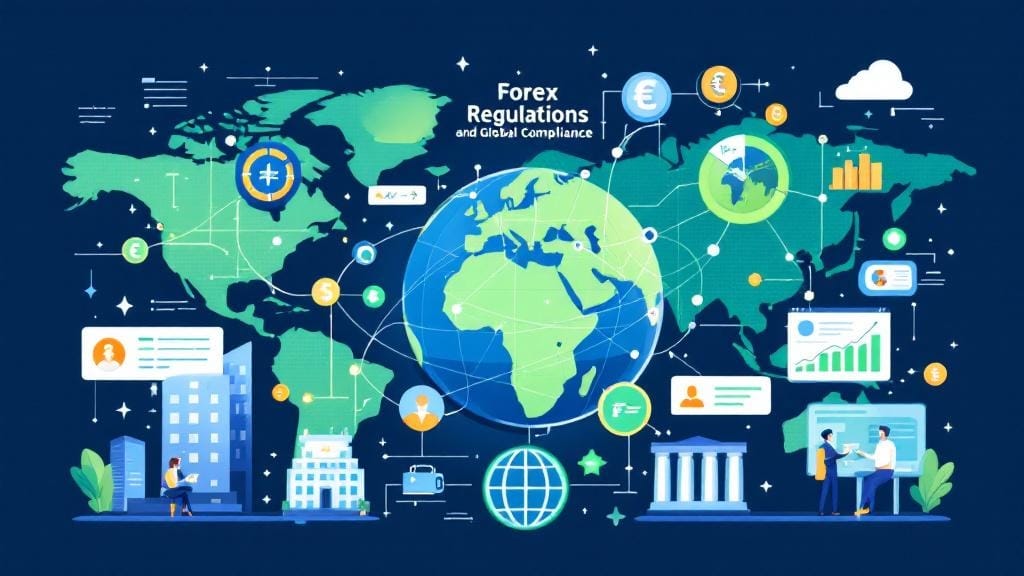If you’re struggling with loan payments, you’re far from alone. Whether it’s a personal loan, student loan, or credit-related debt, financial pressure can feel overwhelming. Fortunately, Alternatives to bankruptcy is available—and it comes in many forms.
This guide will walk you through realistic, actionable solutions to manage, reduce, and eliminate your loan debt. From debt consolidation to loan modification programs, we’ll help you understand your options and choose the right path based on your financial situation.
🔍 Why People Seek Alternatives to bankruptcy
Loan debt can spiral quickly due to:
-
Job loss or reduced income
-
Medical emergencies or unexpected expenses
-
High interest rates
-
Poor budgeting habits
-
Multiple loans with varying terms
Whatever the reason, help with loan debt is available. And more importantly—you don’t need to tackle this alone.
💡 Understanding Your Loan Debt Situation
Before jumping into solutions, take time to understand:
-
Total outstanding loan balances
-
Monthly payments and due dates
-
Interest rates and loan types (secured vs unsecured)
-
Your credit score and income stability
This step will help you decide whether you need loan repayment assistance, debt consolidation, or other loan debt support services.
🧩 Best Solutions for Loan Debt Help
### 1. Budgeting for Debt Repayment
The first and most crucial step is to set up a realistic budget. List your monthly income and expenses, then allocate funds for loan payments.
Tips:
-
Use the 50/30/20 rule (50% needs, 30% wants, 20% debt/savings)
-
Cut non-essential expenses
-
Track spending with apps like Mint or YNAB
Budgeting alone won’t erase your debt, but it can prevent it from growing and free up money to pay down balances faster.
### 2. Debt Consolidation
A consolidation loan for debt help combines multiple debts into one payment—often at a lower interest rate.
Benefits of Debt Consolidation:
-
Simplifies your finances
-
May lower your interest rate
-
Could reduce monthly payments
-
Helps boost credit score (if managed well)
Example:
Sarah had four different personal loans totaling ₹5 lakhs with interest rates between 18–24%. She took a personal loan to consolidate debt at 14% interest and now makes one payment instead of four.
### 3. Loan Repayment Assistance Programs
If you’re unable to make payments due to hardship, look into loan repayment assistance programs offered by banks or government agencies.
These may include:
-
Temporary payment deferral
-
Interest rate reduction
-
Income-based repayment plans
-
Forgiveness for certain student loans
This is especially helpful for student loans, where debt help for student loans programs are common.
### 4. Credit Counseling and Debt Management Plans
Nonprofit credit counseling agencies offer consumer debt advice and help create personalized repayment plan negotiations.
A certified counselor can:
-
Review your financial situation
-
Help you build a repayment plan
-
Negotiate with lenders on your behalf
Pro tip: Choose an agency accredited by NFCC or FCAA to avoid scams.
### 5. Debt Settlement Options
This involves negotiating with creditors to settle your loan for less than what you owe. It can be helpful if you’re far behind on payments or facing collections.
Important Considerations:
-
May damage your credit score
-
Often involves fees
-
Not guaranteed to work with all lenders
Still, for those in financial hardship, it could offer faster relief than long-term repayment.
### 6. Loan Modification Programs
Some lenders offer loan modification options, especially for secured or long-term loans.
These might include:
-
Lowering your interest rate
-
Extending your loan term
-
Changing loan structure (e.g., switching to fixed rate)
Real-life scenario:
Ramesh was struggling to pay his home loan after a pay cut. His bank offered a loan modification, extending his loan term from 10 to 15 years, which reduced his EMI by ₹3,000.
### 7. Emergency Loan Debt Help
If you’re in urgent need, some non-profits or government programs offer emergency loan debt help, especially for:
-
Medical bills
-
Natural disasters
-
COVID-related income loss
These programs can offer short-term relief while you stabilize your finances.
### 8. Unsecured Loan Debt Relief
Unsecured loans (like personal loans) can be hard to manage due to high interest and no collateral.
For unsecured loan debt relief, you can:
-
Refinance to a lower-rate loan
-
Negotiate with lenders
-
Work with a credit counselor
-
Explore legal protections if facing harassment
📞 Loan Debt Support Services: Where to Find Help
You don’t need to figure this all out alone. Many support services exist:
-
Government debt relief helplines
-
Nonprofit financial counseling centers
-
Online platforms for comparing consolidation loans
-
Local credit unions or community financial aid groups
✅ Steps to Get Started with Loan Debt Help
-
Assess Your Debt: Use a spreadsheet or tool to list all loan accounts
-
Check Your Credit Score: Free from CIBIL or Experian India
-
Explore All Options: Compare consolidation, counseling, or repayment assistance
-
Avoid Scams: Steer clear of any service asking for upfront fees or promising instant fixes
-
Take Action: The earlier you seek help, the better your options
💬 Real-Life Example: How Ankit Got Out of ₹7 Lakh Debt
Ankit, a 32-year-old marketing executive, was juggling an education loan, a personal loan, and some credit card debt—adding up to ₹7 lakhs. With monthly EMIs exceeding ₹24,000, he started missing payments.
Here’s how he turned things around:
-
Approached a credit counseling agency
-
Consolidated three loans into one at a 13.5% rate
-
Started using a strict ₹50,000 budget
-
Cut down discretionary spending
-
Paid off the entire amount in 3.5 years
❓FAQs: Loan Debt Help & Management
1. How can I get help with loan payments if I’ve lost my job?
You can apply for financial hardship assistance through your lender, which may include deferment or reduced EMIs.
2. Are debt consolidation loans safe?
Yes, if you use a reputable lender and don’t continue accumulating new debt. It’s an effective strategy for those managing multiple loans.
3. Can student loans be forgiven in India?
Loan forgiveness is rare but moratoriums and income-based repayment plans are available in cases of hardship.
4. What are the best options for unsecured loan debt relief?
Your best options include credit counseling, debt settlement, and refinancing with a lower-rate loan.
5. Is credit counseling worth it?
Absolutely. Credit counselors provide expert help in managing debt, building a budget, and negotiating with creditors—all often at low or no cost.
6. What should I do if I can’t pay my EMI this month?
Contact your lender immediately. Some offer late payment relief or temporary deferments.
7. Can I manage loan debt without hurting my credit score?
Yes—options like debt consolidation, repayment planning, and timely communication with lenders can all protect your credit.
📝 Conclusion: Loan Debt Help Is Within Reach
Loan debt doesn’t have to control your life. With the right plan, support, and mindset, you can get help with loan payments, regain control, and build a financially stable future.
Remember, the earlier you act, the more choices you’ll have. Whether it’s credit counseling, loan consolidation, or modification programs, loan debt help is available—and it works.








Comments (0)